Intel foundry to manufacture ARM chip
Chip giant downplays the move, claiming it's part of pre-existing agreement.
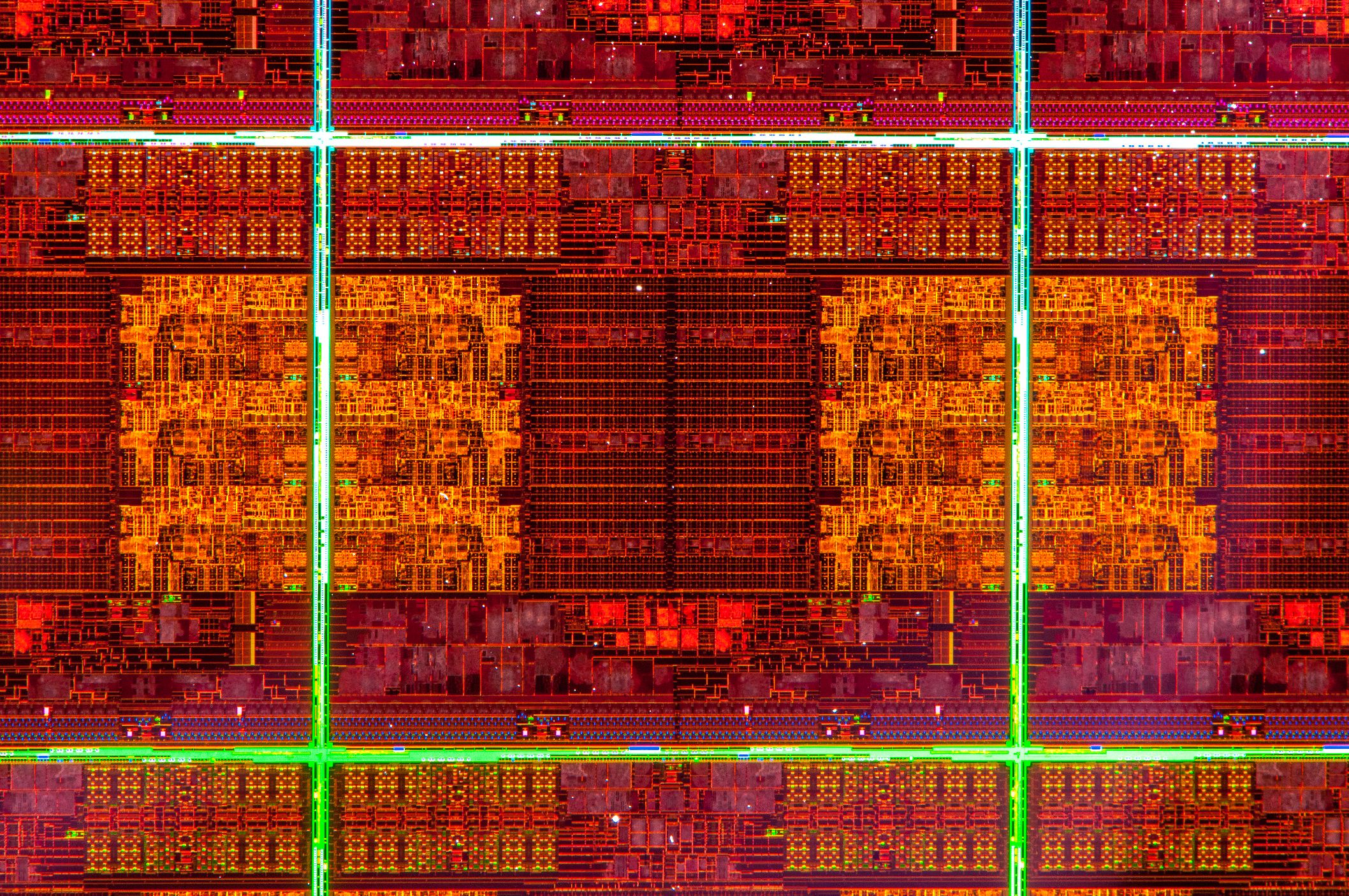
Sign up today and you will receive a free copy of our Future Focus 2025 report - the leading guidance on AI, cybersecurity and other IT challenges as per 700+ senior executives
You are now subscribed
Your newsletter sign-up was successful
Chips using ARM's 64-bit technology will be built at an Intel foundry thanks to a third party vendor, Altera.
The Stratix 10 SoC chipset marks the first time a processor will combine Intel's 14n Tri-Gate process with the Cambridge-based firm's 64-bit Cortex technology.
Despite Intel struggling to gain traction in the mobile market, the chip giant has downplayed reports that this is a significant development.
"Altera's plans to incorporate an ARM core in its Stratix 10 FPGA does not change anything, we are enabling them with the industry's best manufacturing capability and second generation Tri-Gate transistors," Intel said in a statement to IT Pro.
"We have said that we will be open to manufacturing competitive architectures. This is part of a pre-existing foundry agreement, and we're not worried about what core they are using for the general purpose FPGAs."
Although Intel is making a big push mobile market with its latest Atom architecture (codenamed Bay Trail), ARM is the dominant force in this area. Chip designs from the Cambridge-based firm are licensed to prominent vendors including Nvidia, Samsung and Qualcomm.
Apple's A-series processor range, which is used to power iPhones and iPads is also based on ARM architecture. The A7 processor, introduced in the iPhone 5s was also the first 64-bit to be used in a smartphone.
Sign up today and you will receive a free copy of our Future Focus 2025 report - the leading guidance on AI, cybersecurity and other IT challenges as per 700+ senior executives
However, Intel, which is still the world's biggest semi-conductor firm will look to turn the tables on competitors with the introduction of of its Software-Defined-Radio (SDR) technology.
SDR will support multiple wireless standards simply by updating the software - and without the need to make changes to the hardware. Intel claims this will reduced cost-of-ownership, allow products to get to market faster and increase economies-of-scale when compared to classical baseband products.
-
 Salesforce targets telco gains with new agentic AI tools
Salesforce targets telco gains with new agentic AI toolsNews Telecoms operators can draw on an array of pre-built agents to automate and streamline tasks
-
 Four national compute resources launched for cutting-edge science and research
Four national compute resources launched for cutting-edge science and researchNews The new national compute centers will receive a total of £76 million in funding
-
 Gaining timely insights with AI inferencing at the edge
Gaining timely insights with AI inferencing at the edgeWhitepaper Business differentiation in an AI-everywhere era
-
 Scaling AI from pilot to production: Maximize AI impact with HPE & Intel
Scaling AI from pilot to production: Maximize AI impact with HPE & IntelWhitepaper Transform AI proof-of-concepts into full-scale implementations
-
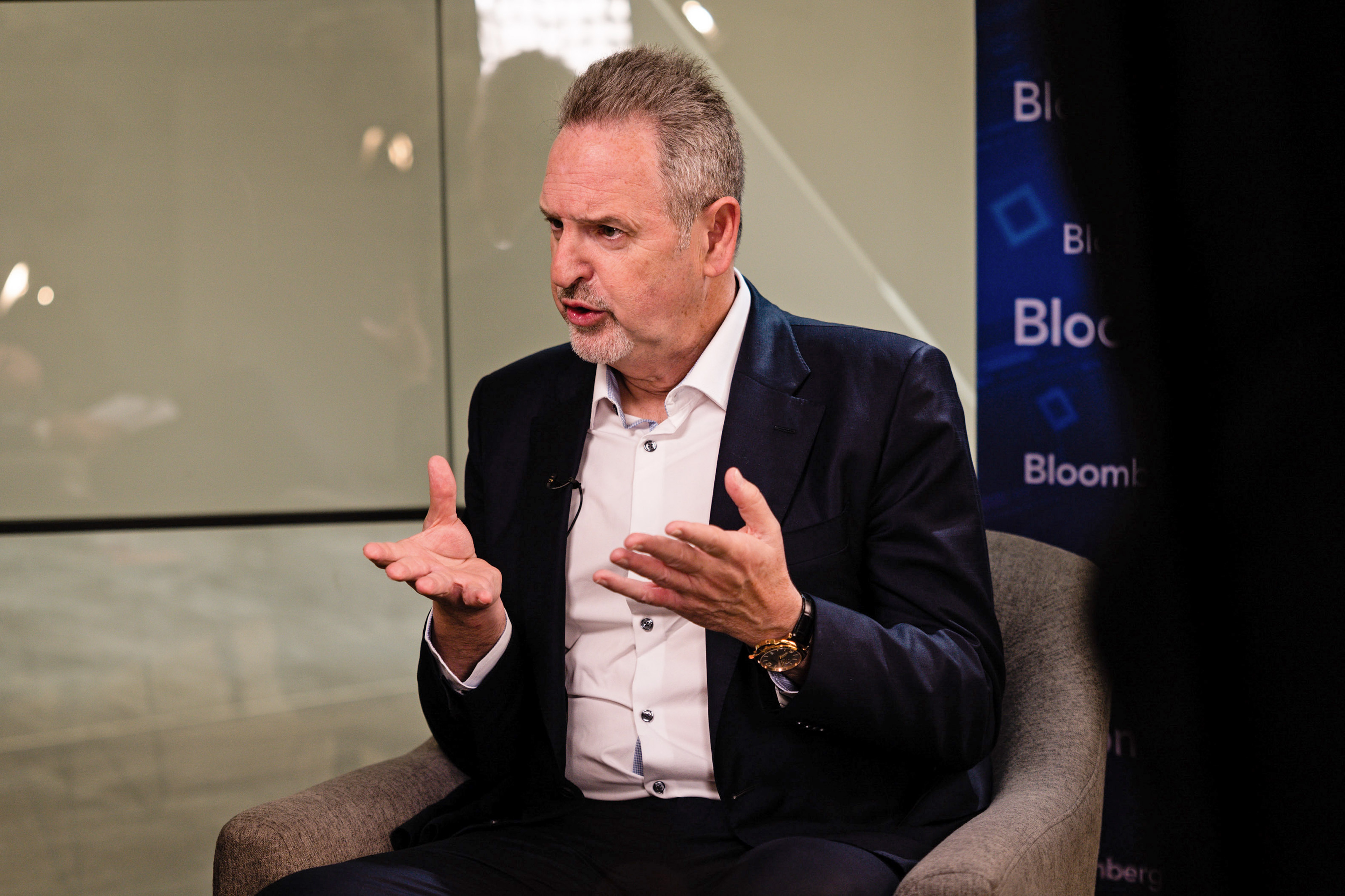 Arm CEO worried humans will inevitably lose control of AI
Arm CEO worried humans will inevitably lose control of AINews AI systems need robust safeguards and override capabilities, according to Arm CEO Rene Haas
-
 UK supercomputer boom as HPE and Dell receive funding for new AI cluster
UK supercomputer boom as HPE and Dell receive funding for new AI clusterNews The UK’s AI computing capabilities will increase by an order of magnitude in 2024
-
 AI gold rush continues as Hugging Face snags $235 million from IBM
AI gold rush continues as Hugging Face snags $235 million from IBMNews The investment round, which brings the company's valuation to $4.5 billion, also includes Amazon, Google, Intel, and Salesforce
-
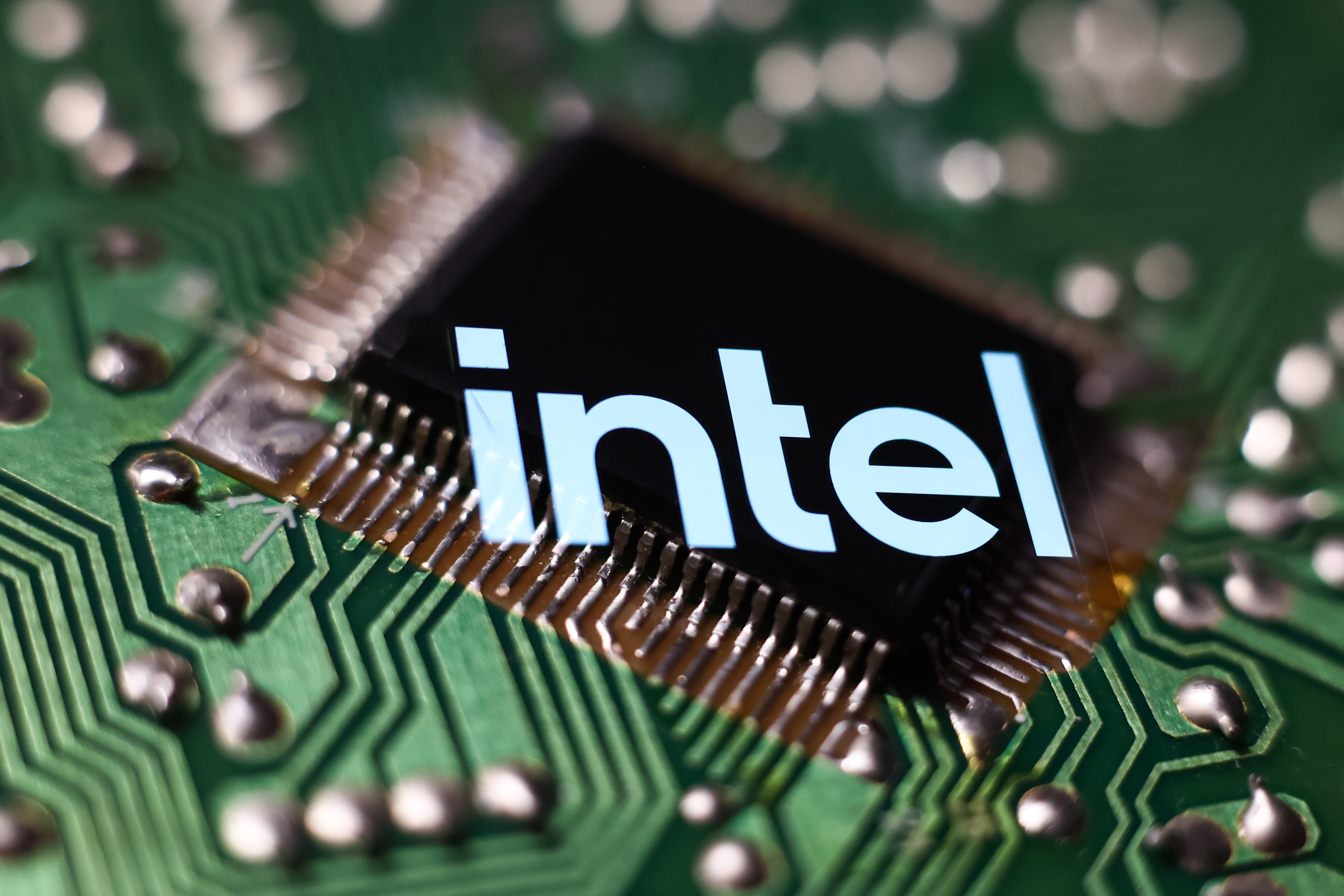 Why is ASUS reviving Intel’s NUC mini-PC line?
Why is ASUS reviving Intel’s NUC mini-PC line?News The diminutive PC is to rise again while analysts look for the business case
-
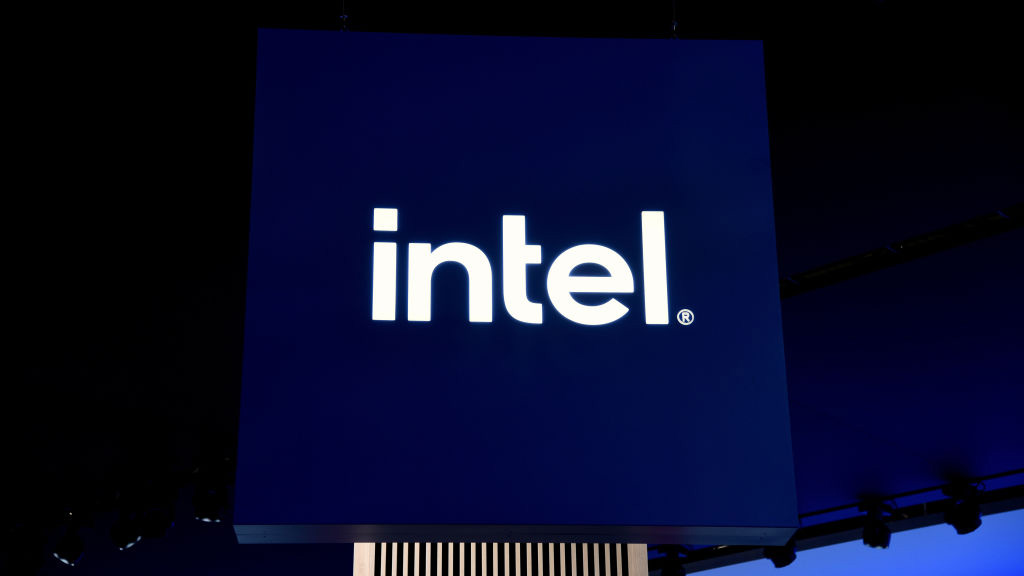 Intel targets AI hardware dominance by 2025
Intel targets AI hardware dominance by 2025News The chip giant's diverse range of CPUs, GPUs, and AI accelerators complement its commitment to an open AI ecosystem
-
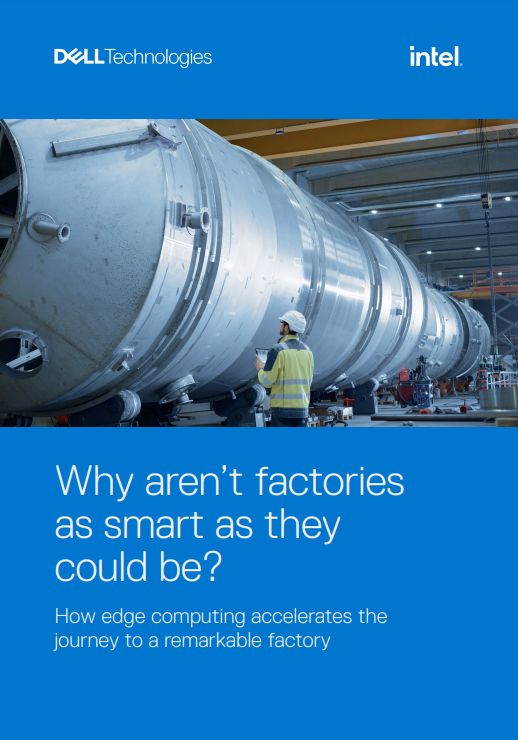 Why aren’t factories as smart as they could be?
Why aren’t factories as smart as they could be?Whitepaper How edge computing accelerates the journey to a remarkable factory